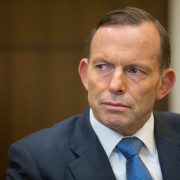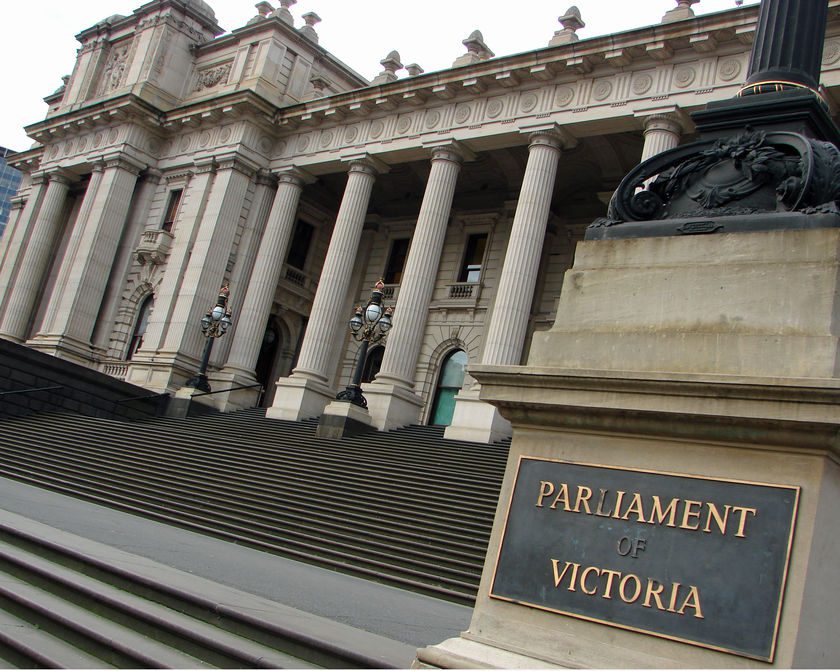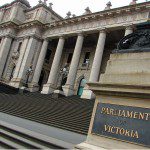Australian politics: Raiders of the Lost Art
By Angus Nicholls
Our political system was established as an adversarial environment with the purpose of contesting ideas in a robust manner. For the life of me however, I cannot recall one occasion in recent Australian Parliaments (or Australian politics) where this has actually happened.
It appears to me that the only instances of bipartisanship occur during times of tragedy and where there is only one course of action that should be adopted. That in itself is a tragedy for the functioning of our nation.
Furthermore, Opposition strategy in this day and age simply appears to be a wholesale “No” to any Government position, rather than constructive input to the issues of national importance.
There have been murmurings of late referring to the dire state of Australian politics, including the resort-to-slogans as mantras (The Blame Game, Stop the Boats, Greatest Moral Challenge of our Time, Budget Emergency, Great Big Tax, Debt and Deficit Disaster, to name a few); the ongoing hunt for a “Gotcha” moment; and a lack of philosophical basis for positions that parties take (who would have thought that The Greens would stand in the way of taxing “The Rich” more and opposing the re-indexation of fuel?).
The overall tenor with which we are left is extreme negativity (not to mention the images of the clowns now running the circus – sorry, Senate).
It is not fair however to lay the blame solely at the feet of our elected representatives. The rise of the 24-hour news cycle and journos who commentate as much, if not more, than report, has created a vacuum that will suck the most irrelevant considerations into the public domain.
And then there is us, the general public, whose appetite for detail and rigour seems to have dissipated. Is that driven by the fact that we do not generally care about what is being said, or our national and community standards, or is it seriously meaningless?
We here at ICG refuse to be drawn into the ranks of the commentariat without offering solutions. We believe two things are missing from public discussion. The ability to tell a story (narrative), and a vision that provides aspirational content and hope linked to the issues of the day that capture the public’s (self) interest.
It is not difficult to articulate a vision, given that the decisions made today will deliver what we get tomorrow. In essence, the best way to predict the future is to invent it. On this basis we, as a nation, are confronted with many challenges, ranging from infrastructure bottlenecks to an ageing population, to how to manage climate change, to putting the Budget onto a structurally sound footing.
Australia needs a frank and robust discussion about how we want our nation to look in the future to not only maintain, but also to improve our quality of life in the face of these significant challenges.
Once that vision has been established it is simple to invoke the lost art of story telling to explain where we currently are, where we are headed, and the actions that are being taken and the context in which they are being taken to get us there.
As a company that helps our clients to tell their stories and articulate their vision we believe that taking a positive and constructive approach will not guarantee that people will start listening again, but it certainly creates an environment in which it is more likely.
AN












Leave a Reply
Want to join the discussion?Feel free to contribute!